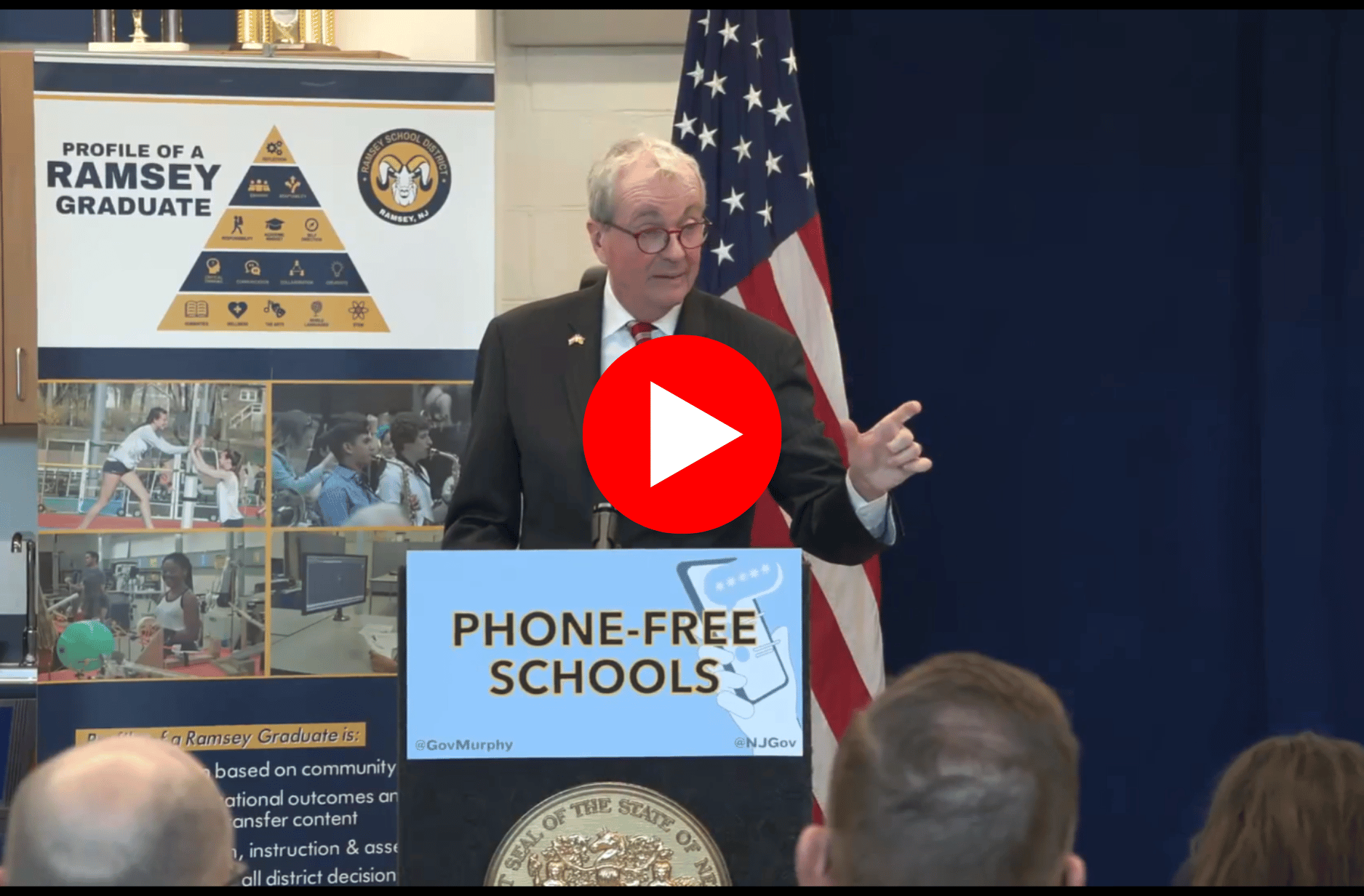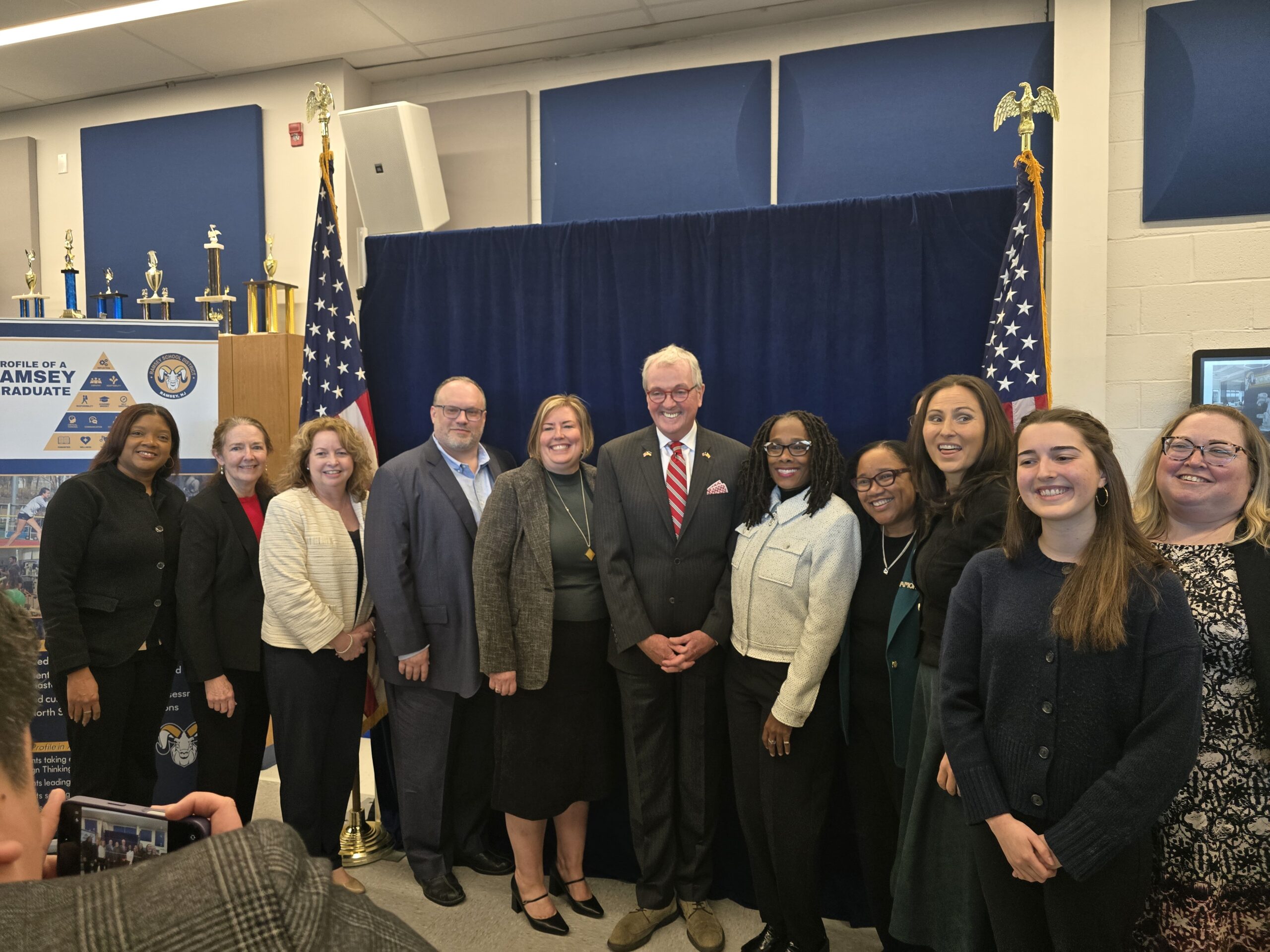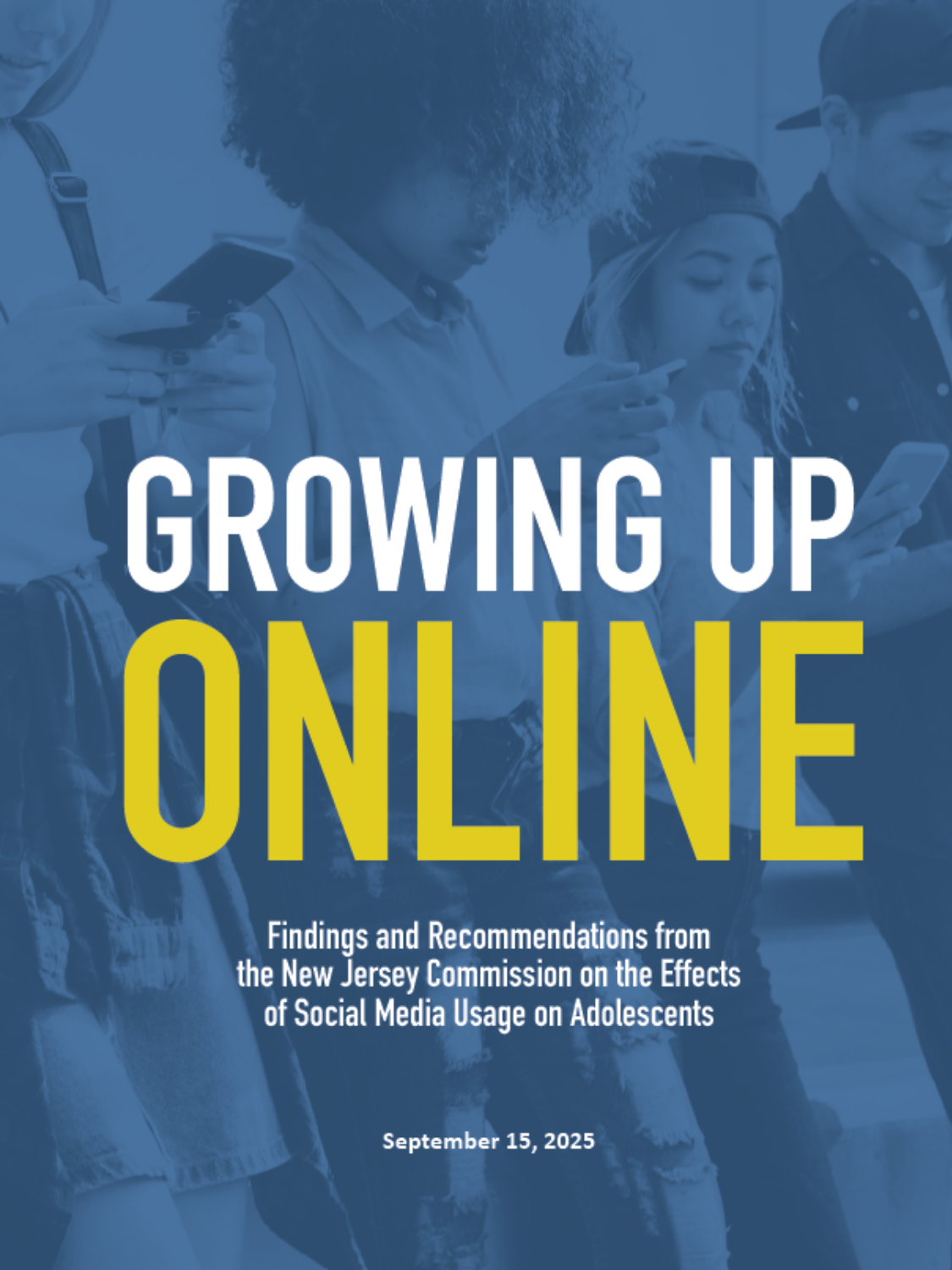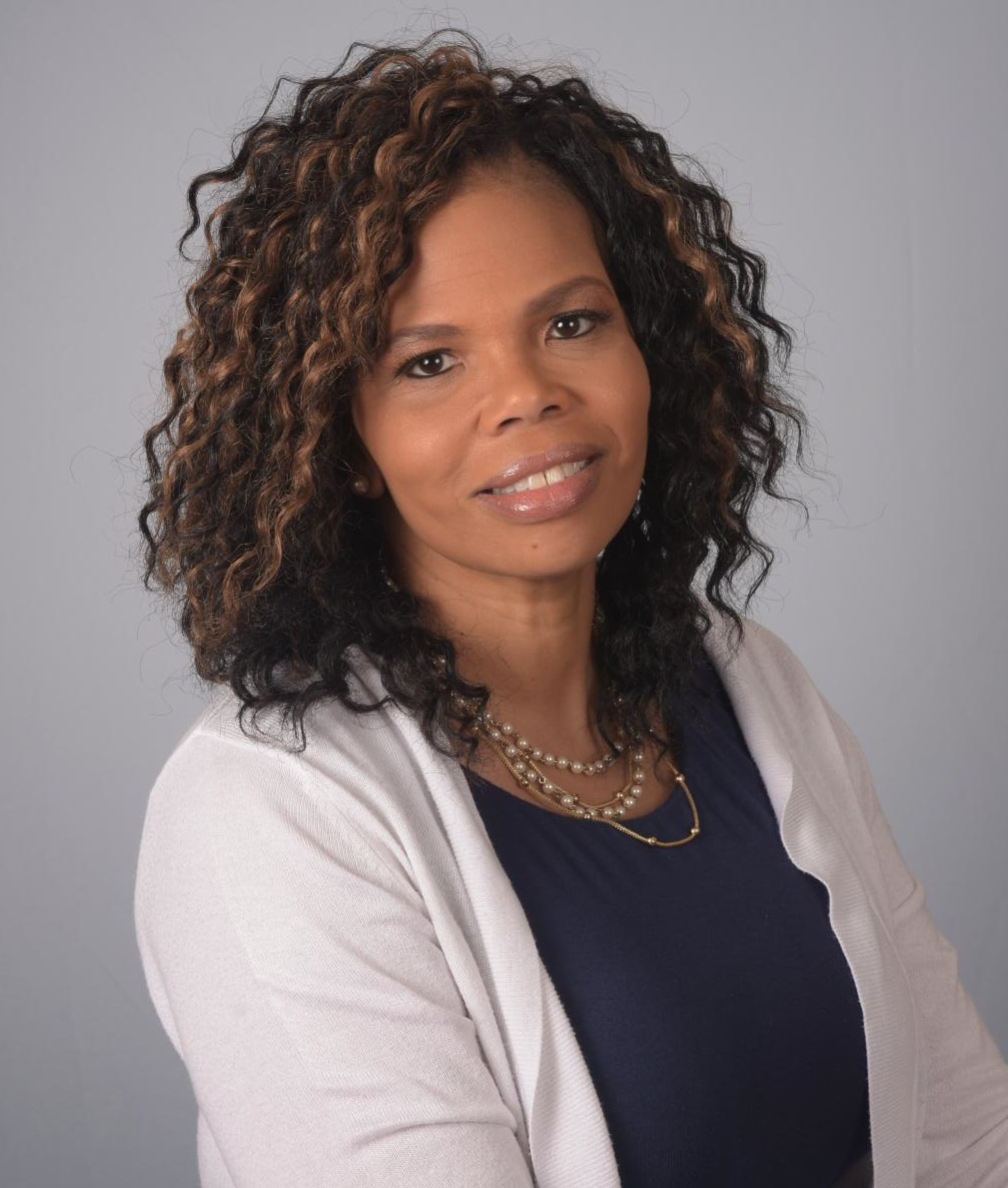While early childhood is often discussed broadly as spanning birth to age five, the first three months after birth, known as the fourth trimester, are among the most fragile, formative, and high-stakes periods for infants and even caregivers.
The fourth trimester refers to the first 12 weeks of life, when infants are rapidly developing, and caregivers are recovering physically, emotionally, and hormonally from childbirth. It is a period of extraordinary brain growth, attachment formation, and physiological adjustment. It is also a time of heightened risk for postpartum complications, maternal mental health challenges, and family stress.
And yet, in policy and practice, the fourth trimester is often treated as a private family matter rather than a public concern. It is underemphasized and does not receive the focused attention it requires. This is a mistake.
Infants in the fourth trimester are building the foundational architecture of their brains through relationship, touch, and responsive caregiving. They cannot regulate their own emotions, stress, or needs. They rely entirely on caregivers to co-regulate them. At the same time, many parents are navigating pain, sleep deprivation, mental health challenges, feeding concerns, and the pressure to return to work. When families are unsupported during this window, stress can become embedded in both caregiver and child. This is where child care comes in.
Child care centers and family child care providers are often among the first consistent and trusted supports families encounter as they transition back to work and daily routines. Providers see families through day-to-day life and not just during medical appointments or moments of crisis. They witness exhaustion, overwhelm, emotional strain, and the realities of postpartum recovery, while building deep, trusting relationships with families over time.
This elevates child care as more than just a service; it makes child care a critical connection point particularly during the fourth trimester. New Jersey has yet to fully leverage the collaboration between child care and fourth trimester policy design, even though aligning these systems could amplify services and strengthen family support.
When providers are equipped with intentional messaging, developmental understanding, and referral tools, they can help normalize postpartum challenges, reduce stigma, and connect families to support before issues escalate. They can reinforce that infant behavior is a form of communication, not simply misbehavior. They can validate caregiver experience. They can help families feel seen rather than judged.
This is not about turning child care into a clinical setting. It is about recognizing what it already is: a front-line support system for families during one of the most vulnerable periods of their lives.
If we are serious about healthy development, school readiness, and long-term outcomes, we cannot keep ignoring the postpartum period. The fourth trimester is when attachment is formed, stress systems are shaped, and emotional foundations are built. Supporting families here is not a “nice to have.” It is prevention. It is equity. It is a smart policy.
Child care does not start when a child enters a classroom. For many families, it starts as early as the fourth trimester.
And it’s time our systems catch up.
Partnering with Providers to Support Families
As part of this commitment, ACNJ will be partnering with child care centers and family child care providers to share quarterly toolkits designed to support families during the fourth trimester. These toolkits are intended for display in high-traffic areas such as welcome tables, bulletin boards, and family spaces so that both families and staff can easily see and engage with the information. Each toolkit includes plain-language family resources, developmental insights, and connections to supports focused on postpartum health, infant development, and caregiver well-being.
If you are a center director or family child care provider and would like to receive a quarterly toolkit, please contact ACNJ at advocates@acnj.org.


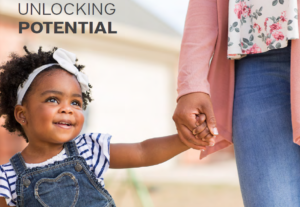 In order to give all children a strong and equitable start in life, New Jersey must begin with an intentional focus on eliminating racial inequities and disparities in access to essential supports, according to a new report,
In order to give all children a strong and equitable start in life, New Jersey must begin with an intentional focus on eliminating racial inequities and disparities in access to essential supports, according to a new report, 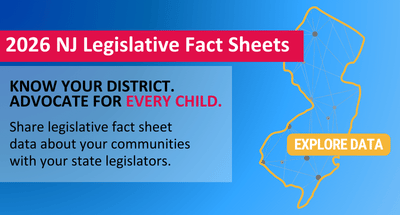
 Please join us in celebrating Dr. Winifred Smith-Jenkins, ACNJ’s Director of Early Childhood Policy and Advocacy, who has been selected for the Garden State Power Fellowship. She is one of 24 chosen for this opportunity. Supported by the Robert Wood Johnson Foundation, the Fund for New Jersey, and the Rockwood Leadership Institute, this fellowship is designed to grow the leadership development infrastructure in New Jersey for senior leaders in state-wide policy organizations, provide leaders a transformational opportunity to grow their leadership, mitigate burnout and enhance sustainability, and strengthen networks and connects with other leaders in the region.
Please join us in celebrating Dr. Winifred Smith-Jenkins, ACNJ’s Director of Early Childhood Policy and Advocacy, who has been selected for the Garden State Power Fellowship. She is one of 24 chosen for this opportunity. Supported by the Robert Wood Johnson Foundation, the Fund for New Jersey, and the Rockwood Leadership Institute, this fellowship is designed to grow the leadership development infrastructure in New Jersey for senior leaders in state-wide policy organizations, provide leaders a transformational opportunity to grow their leadership, mitigate burnout and enhance sustainability, and strengthen networks and connects with other leaders in the region.

